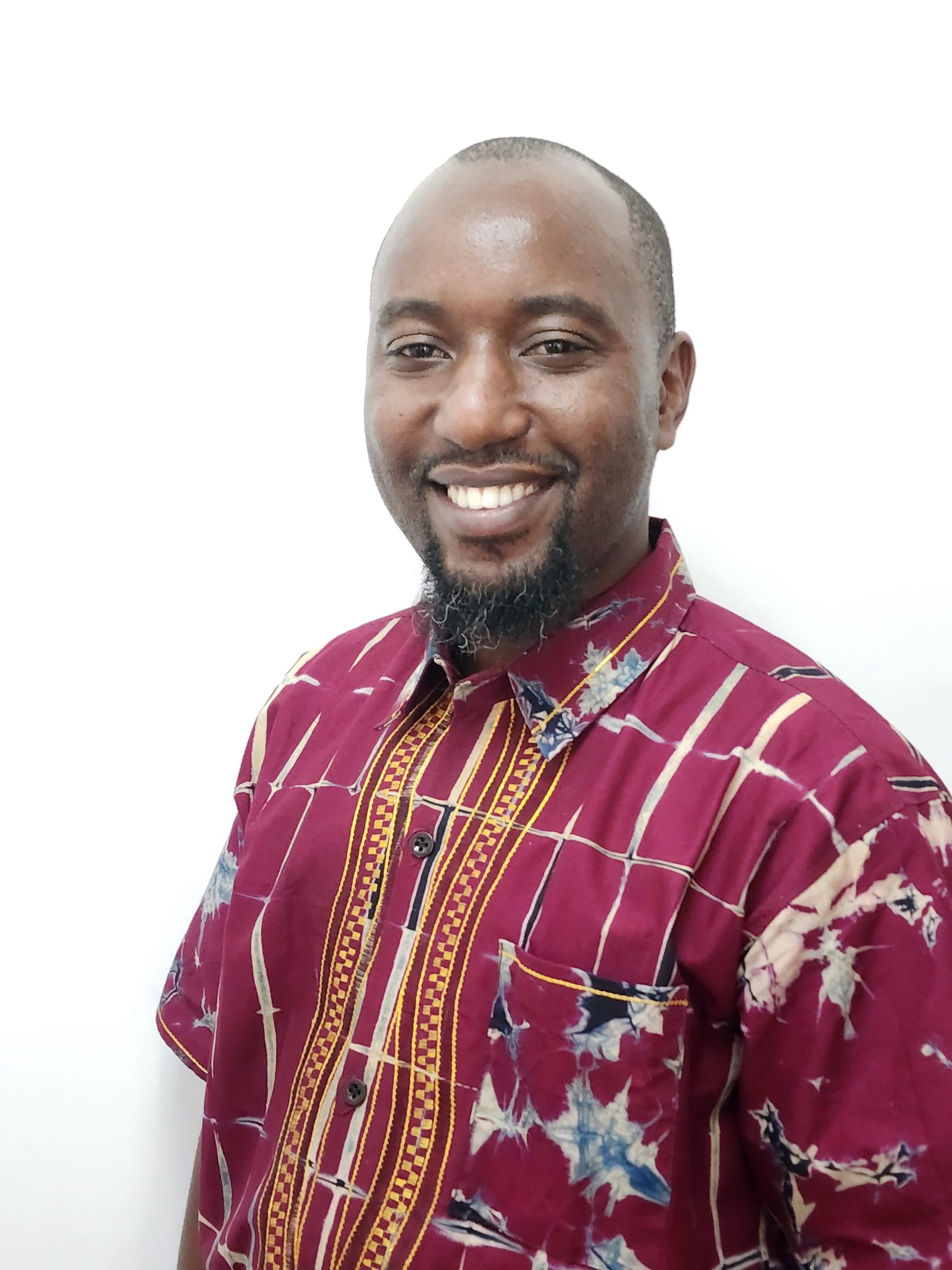By Dr Ilenius Ildephonce, Lecturer & Interim Head, School of Science, Computing & Artificial Intelligence, The
UWI, Five Islands
Innovation doesn’t just happen; it results from continuous research and refinement of ideas. The
persistent evaluation of the effectiveness of solutions and the continual improvement of these solutions to
critically study new ways of improving the state-of-the-art lead to the discovery of new methods of
adapting to the changes brought about by these innovations and our changing world. This also allows for
the steering and managing of the evolution of solutions and related applications. Establishing a culture
centred on research is vital for the sustainable progress of any society. It relies on the government,
academia, and social and private sectors collaborating to achieve shared objectives.
The UWI campuses, with their focus on research, house a team of researchers who are experts in
various fields of study. However, there is an urgent need for a collaboration mechanism to apply their
research and directly influence governance, policy, politics, and business. This collaboration has not
naturally developed due to our society's lack of a research ethos. The absence of a unified research
framework or a culture of evidence-based practices and continuous evaluation and improvements has
resulted in scientists working in isolation on projects that only target academic journals.
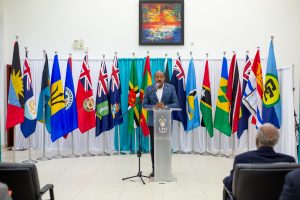
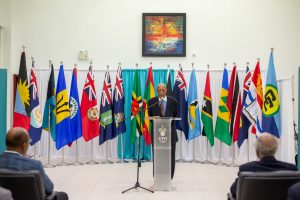

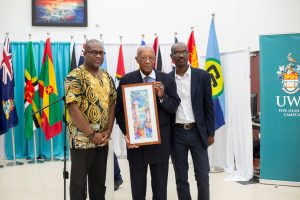
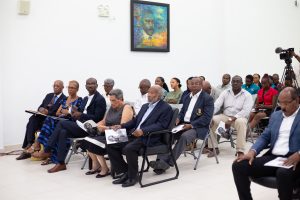
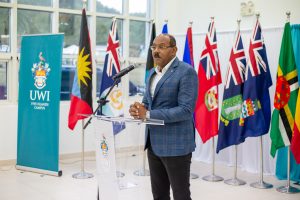
I believe that UWI-Five Islands is in a good position to stimulate the research culture. The campus
is in its building phase, presenting unique opportunities to embed an applied research culture in close
collaboration with industry and government partners. Research on interdisciplinary academic-industry
collaborations reveals that one of the underlying barriers to success is due to universities not being
properly structured to promote and reward this initiative. It is now time for the university, private sector
and government to ensure that our campus, in its core DNA, facilitates and rewards industry partnership
and applied research, resulting in on-the-ground impacts toward longer-term, resilient societal outcomes. I
believe that discussions on how government entities and public, social, and private partners can work
together with university academics to identify areas of opportunity for development or challenges and
develop mechanisms to solve them are needed.
As our Campus Principal, Professor Robinson has constantly alluded, in the five years of our
campus, we have provided access to tertiary education, and our research can now address local issues.
Through that, a profound impact of the UWI Campus on Antiguan society will be visualised.
The research will have a greater impact, especially if the direct involvement of decision-makers, the
public, and businesses is visualised and enablers are put in place to seamlessly support this research,
linking science to the application of economics, politics, risk management, health, wellness, etc.
The role of research in propelling industries forward and enhancing the efficiency of any society
is indisputable. This culture of research, born out of collaboration, can be seen when government units, the
private sector, and individuals' partner with academics and invest in supporting research that aligns with
their interests. For us researchers, our task is to present our research highlighting how it can have a
positive and direct impact on different application areas and the society.

